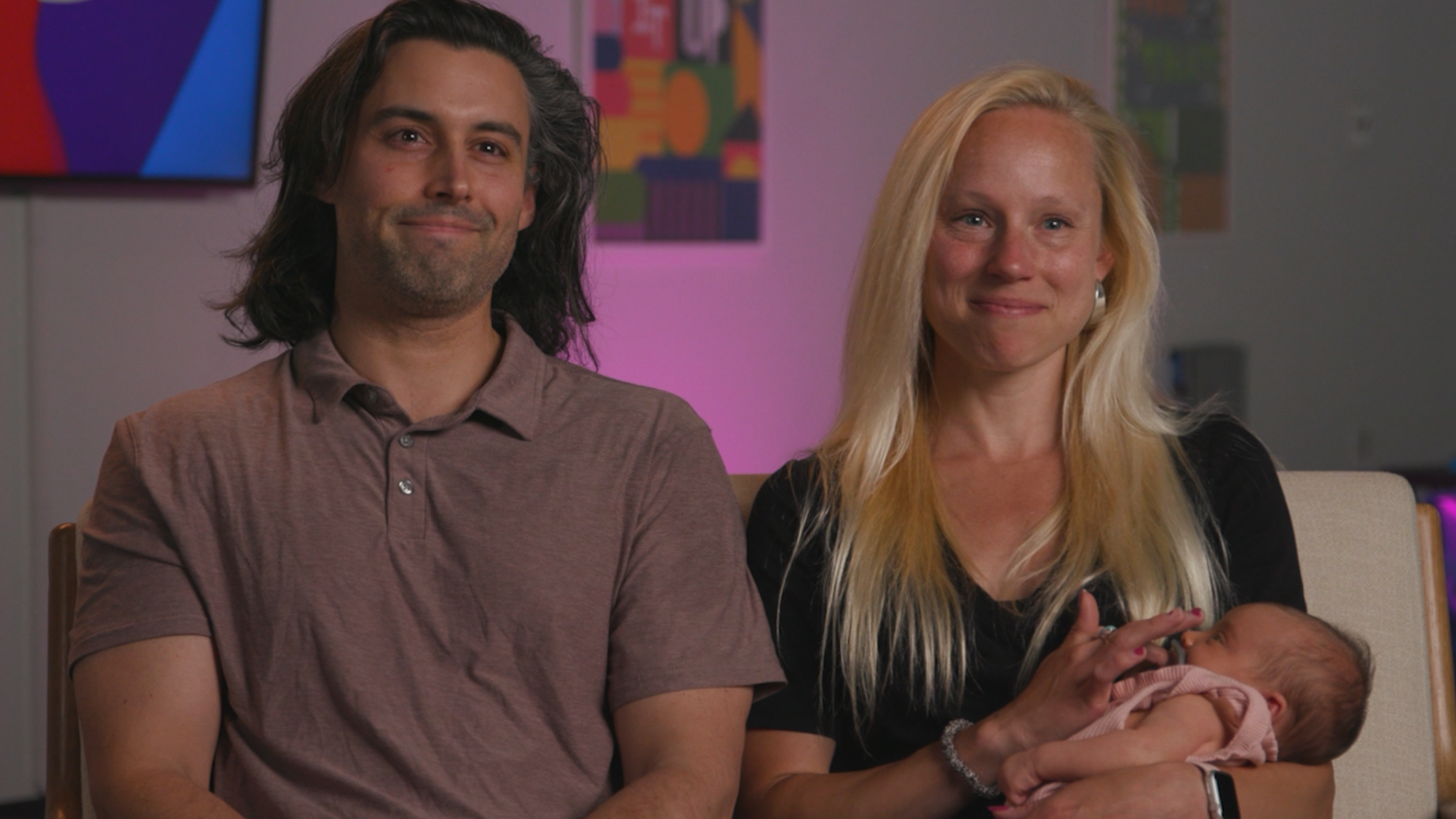It’s Not That Simple
Pastor Chris H. •
As our dinner group talked through the conversation from a few weeks ago one of the members shared something that speaks to one of the great challenges we face in conversation today. He shared that when he’s asked to comment on a difficult conversation he responds with, “Do you have an hour?” I found that profound for a few reasons.
1. There are no simple answers. The reality is, when it comes to political conversations there are simply no simple answers. Sometimes we want to make the answer simple, but it isn’t. There’s a great amount of complexity to immigration, health care, and racial tension. There’s an incredible number of factors to process and the road forward is by no means clear. To summarize an answer to any of those issues in five minutes just isn’t wise or feasible. If we’re going to have a good conversation, it needs to be a long conversation.
2. There are no simple people. In answering difficult questions, we don’t just speak to the idea, we speak to a person. That person has a great number of factors that influence how they see and feel about an issue. You can’t possibly understand those factors in a moment and an answer given without the exploration of those will often times be lacking.
Conversations about difficult questions are crucial. We need to learn how to have those conversations. We can’t just avoid them because they’re complicated, but as my friend stated, it needs to be given time. Which means there are a few practices we need to adopt as we engage.
– Give it thought. We live in a time when we have instant access to a great amount of information with very little time for processing. We take in and take in, but the phone which gives us the information also constantly calls for our attention. This leaves us with loads of data which we’ve never actually taken the time to sit and process. We need to create time for processing. Creating downtime in your day allows your brain time to work through the information. Without that, we begin to simply spout ideas we’ve heard but haven’t thoroughly thought through. Creating even thirty minutes in your day to process is a crucial practice in the development of wisdom.
– Give it time. Don’t answer quickly and don’t be pushed to answer in a situation where you don’t have time to give a complete answer that addresses both the question and the person. Practice what my friend introduced. Ask if there is time, and if there isn’t, see if you can schedule time.
– Eliminate the rush. The writer John Ortberg claims that the greatest advice for spiritual health he’s ever received was from a friend who told him, “You must ruthlessly eliminate hurry from your life.” Hurry is a great enemy to our well-being and should be viewed as an incredible opponent. It destroys connection, conversation, and wisdom. Sacrifice what you need to but eliminate it at all costs. Create space and engage those around you well.
Understand as I write this that I’m challenging myself a great deal. My friend’s words have haunted me because I know, as I’m guessing many of you know, that this is difficult, but necessary.
May we continue to grow in our ability to engage conversations well. May we grow in wisdom and love because we take the time to.






